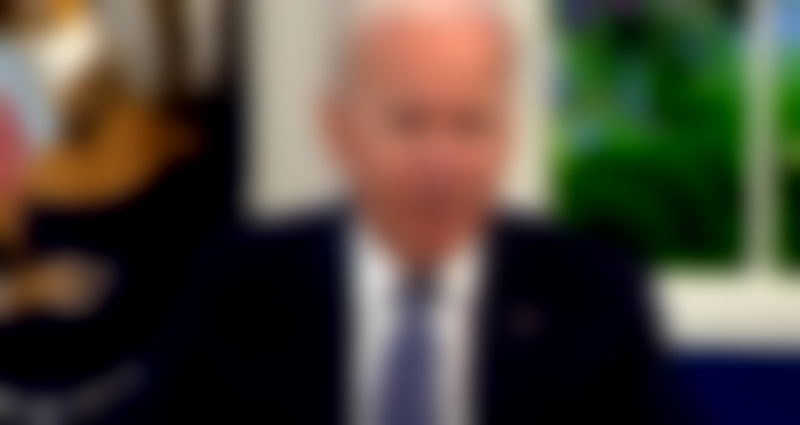Biden issues first-ever presidential proclamation of Indigenous Peoples’ Day


On Friday, Joe Biden became the first U.S. president to proclaim Oct. 11 as Indigenous Peoples’ Day, a move that will further recenter a holiday commemorating Christopher Columbus’ arrival to the Americas toward awareness and celebration of Native American peoples and cultures.
Recognizing Native Americans: In the presidential proclamation, Biden sought to recognize Native Americans’ contributions to the U.S. and acknowledge the nation’s historical wrongdoing toward Indigenous peoples.
- The president said in the proclamation: “Our country was conceived on a promise of equality and opportunity for all people — a promise that, despite the extraordinary progress we have made through the years, we have never fully lived up to. That is especially true when it comes to upholding the rights and dignity of the Indigenous people who were here long before colonization of the Americas began.”
- Biden added, “For generations, Federal policies systematically sought to assimilate and displace Native people and eradicate Native cultures.”
- The other main theme of the proclamation was one of recognition. “The contributions that Indigenous peoples have made throughout history — in public service, entrepreneurship, scholarship, the arts and countless other fields — are integral to our Nation, our culture and our society,” he said.
- Biden also highlighted his administration’s dedication to respecting tribal sovereignty and mentioned the disproportionate rate of COVID-19 among Native Americans.
- He ended his proclamation: “On Indigenous Peoples’ Day, we honor America’s first inhabitants and the Tribal Nations that continue to thrive today. I encourage everyone to celebrate and recognize the many Indigenous communities and cultures that make up our great country.”
Also recognizing Columbus: On the same day he issued the Indigenous Peoples’ day proclamation, Biden also issued a separate proclamation recognizing Monday as Columbus Day, which is established by congress.
- After briefly commemorating Columbus’ 10-week journey after departing the coast of Spain in 1492 and his arrival in the Bahamas, the president acknowledged the sacrifices and contributions to “enrich our country’s traditions and culture” of Italian Americans.
- Biden also devoted himself to mentioning the historical consequences suffered by Native Americans because of Columbus and his cohorts in the Columbus Day proclamation.
- “Today, we also acknowledge the painful history of wrongs and atrocities that many European explorers inflicted on Tribal Nations and Indigenous communities. It is a measure of our greatness as a Nation that we do not seek to bury these shameful episodes of our past — that we face them honestly, we bring them to the light, and we do all we can to address them,” he said in part.
- “For Native Americans, western exploration ushered in a wave of devastation: violence perpetrated against Native communities, displacement and theft of Tribal homelands, the introduction and spread of disease, and more,” he continued.
Biden’s relatively muted recognition of Columbus’ exploratory achievements in comparison to his lengthy acknowledgement of Native Americans’ tragedies at the hands of explorers and the U.S. government is a different tack than the one used by his presidential predecessor, Donald Trump, who vehemently defended Columbus as an “intrepid hero” and labeled those who downplayed his “vast contributions” as “radical activists” and “extremists,” according to the Associated Press.
Featured Image via CNBC Television
Share this Article
Share this Article
